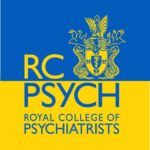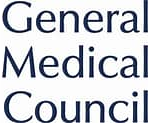ADHD in Adult
ADHD in Adult
Attention-Deficit/Hyperactivity Disorder (ADHD) is often associated with children, but it persists into adulthood for many individuals. In fact, a significant number of adults with ADHD may have never been diagnosed as children.
ADHD in adults can present in subtle ways, often leading to challenges in daily life that are sometimes attributed to other causes. A comprehensive treatment plan that includes medication, therapy, and lifestyle changes can significantly improve quality of life for adults with ADHD. It is essential for those who suspect they might have ADHD to seek a professional evaluation to get the support they need.
Symptoms of ADHD in Adults
ADHD in adults tends to be more subtle, and many individuals have developed coping mechanisms that may mask the condition, which can make it harder to recognize. However, the core symptoms of ADHD remain consistent: Inattention, hyperactivity, and impulsivity. In addition, adults with ADHD may also experience emotional dysregulation, work, and relationship challenges.
Diagnosis of ADHD in Adults
ADHD in adults is diagnosed based on a thorough clinical assessment by a psychiatrist who will explore the core ADHD symptoms and possible comorbid conditions in detail, review feedback from family and close friends. Exclusion of other mental health disorders (e.g. anxiety, depression, bipolar disorder or learning disabilities) that may share similar symptoms is an important part of the assessment.
Treatment for ADHD in Adults
Treatment for adult ADHD typically involves a combination of medication, therapy, and lifestyle modifications. The goal is to improve focus, reduce impulsivity, and manage emotional regulation challenges.
Adults with ADHD often have co-occurring conditions, such as anxiety, depression, or substance use disorders. It is important for these conditions to be addressed alongside ADHD.


